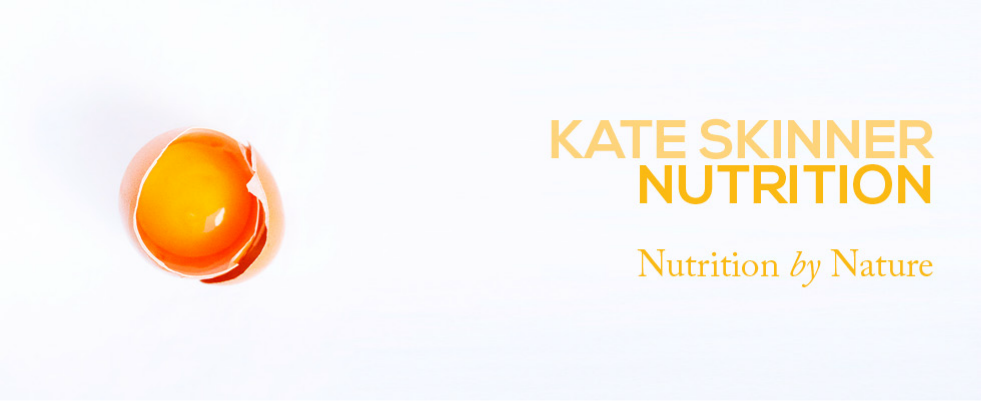The “drink more water” message is everywhere – water bottles are practically a fashion accessory – but when it comes to water, is more really… more?
Add Comment It’s quite shocking that polyunsaturated fats are still being touted as “healthy” fats, as the scientific literature clearly shows the damage caused by these types of fats in a multitude of both animal and human studies. Recommending the consumption of polyunsaturated oils for their ‘heart-healthy benefits’ is equivalent (or worse) than the old 20th century medical adage to prescribe smoking as a treatment for sufferers of chronic asthma (true). “Dietary salt restriction has become a cultural cliché, largely as a consequence of the belief that sodium causes edema and hypertension.” Ray Peat PhD As the incidence of obesity and other diet-related conditions such as heart disease, diabetes, metabolic syndrome and some forms of cancer have skyrocketed in Western developed countries in the last hundred years, it’s interesting to look back at how the main foods in our diets have changed during this same time period. Sitting down to a big bowl of vegetables might make you feel smugly ‘wholesome’, but if you’re not getting a decent bit of fat along with it then you’re missing out on many of the vitamins and minerals that make those vegetables so nutritious in the first place. I’m pretty well convinced that grains contribute nothing to our diet that can’t be found elsewhere – in the form of fruits and vegetables, meat, fish, fowl, eggs & dairy. A quick Google search of the phrase “last 5-10 pounds” yields ~ 29 million, 600 thousand results. It seems that last 5-10 pounds are notoriously tough to lose and a source of frustration for millions of women. Do you cut calories/restrict carbohydrates/exercise excessively/fast intermittently/go hungry/slurp down cabbage soup? All of the above? There’s been a fair amount of hoo-hah in the nutritional web-o-sphere as of late regarding the “fattening” properties of dietary carbohydrates, what with the rise of the Paleo/Primal movement, French Dukan hype, LCHF (low carb high fat) and the old Atkins Diet Revolution movement reliving another moment of glory. The Scandinavians are certainly on board1, with Swedish and Danish bread producers feeling the toll3. Fats have become something of a pet topic for me. They’re the macronutrient that everyone loves to hate, unfairly persecuted by myths still perpetuated by the marketing of commercial food products and the diet industry. I suppose I’ve made it a bit of a personal mission to get the word out there about beautifully nourishing, natural fats. But of course, not all fats are created equal. Here’s a brief run down on four main types of fat that we consume. |

